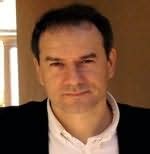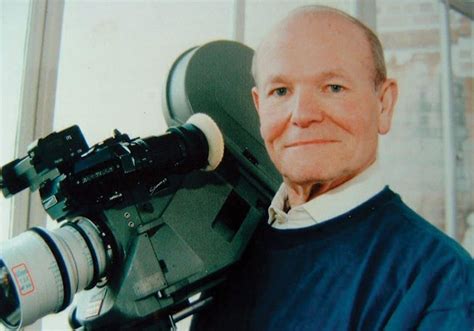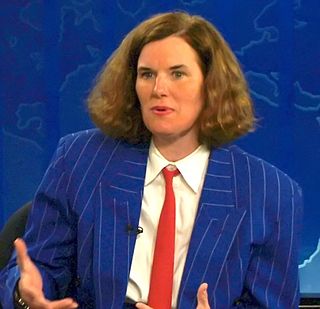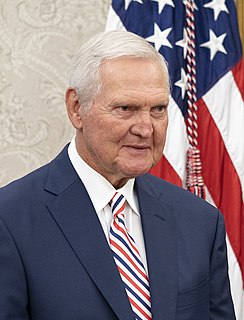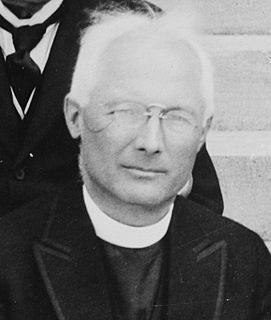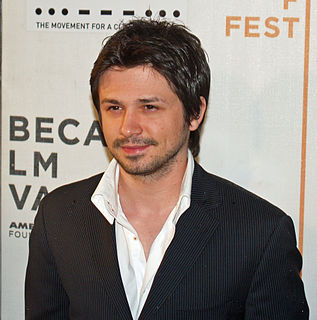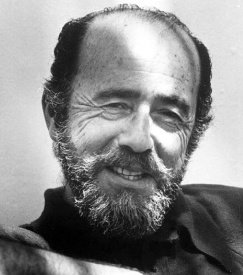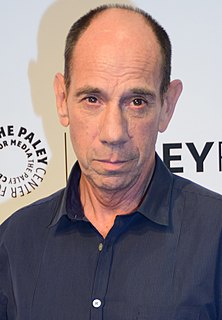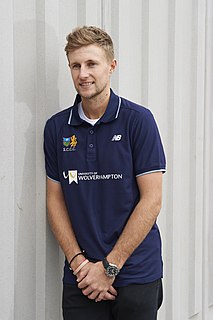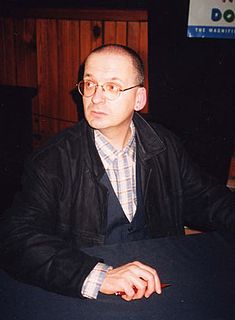Top 1200 Page Quotes & Sayings - Page 3
Explore popular Page quotes.
Last updated on December 23, 2024.
The only thing going on is the progression of words and sentences across page after page and so suddenly we see this immersive kind of very attentive thinking, whether you are paying attention to a story or to an argument, or whatever. And what we know about the brain is the brain adapts to these types of tools.
The writer marks the changes he wants to make, while a proofreader also goes through the galley, checking it page-by-page against the manuscript. Once all these changes are identified, a second-pass proof is made, and this, too, gets sent to the author and the proofreader, and the process begins anew.
I'm in the storytelling business, and so you're always drawn to the unusual. And early on, I discovered that's the easiest way to tell stories... If you come up through a newspaper as I did, your whole goal is to get a story on the front page, and you only get something on the front page if it's unusual.
My writing just kind of exists out there in the air-it's all sort of intended as spoken, or sung, word. So, to commit them to the page...that way was kind of intimidating to me, yet intriguing, to try to reflect the rhythms and connotations and emotions that you can deliver, speaking-wise, on a page.
What we will do is we'll say, 'Okay, you have your page, and if you're not trying to organize harm against someone, or attacking someone, then you can put up that content on your page, even if people might disagree with it or find it offensive.' But that doesn't mean that we have a responsibility to make it widely distributed in News Feed.
I'm not particularly good at page layouts. I make an effort to stay out of the way of the artist. What I'll try to express instead is, 'What we're going for here on this page is the idea of the containment of these women's bodies. So I want them framed as though they're bursting out of the panel borders.'
People ask me all the time how I prepare and, to tell you the truth, I think if what's on the page is rich and compelling, as far as I'm concerned, if it's beautifully presented on the page, all you have to do is put yourself there and pretend, and the rest takes care of itself. That is, unless it's a real stretch with an accent or if history matters where research has to be done.
I have a sustained interest in frippery. I can't refute the monster accusation, either. Some writers are awful on the page and kind in person. More often it's the other way around. I'd say I'm probably the same amount of asshole on the page as in life. I do try to be entertaining about it, however - in both places.









